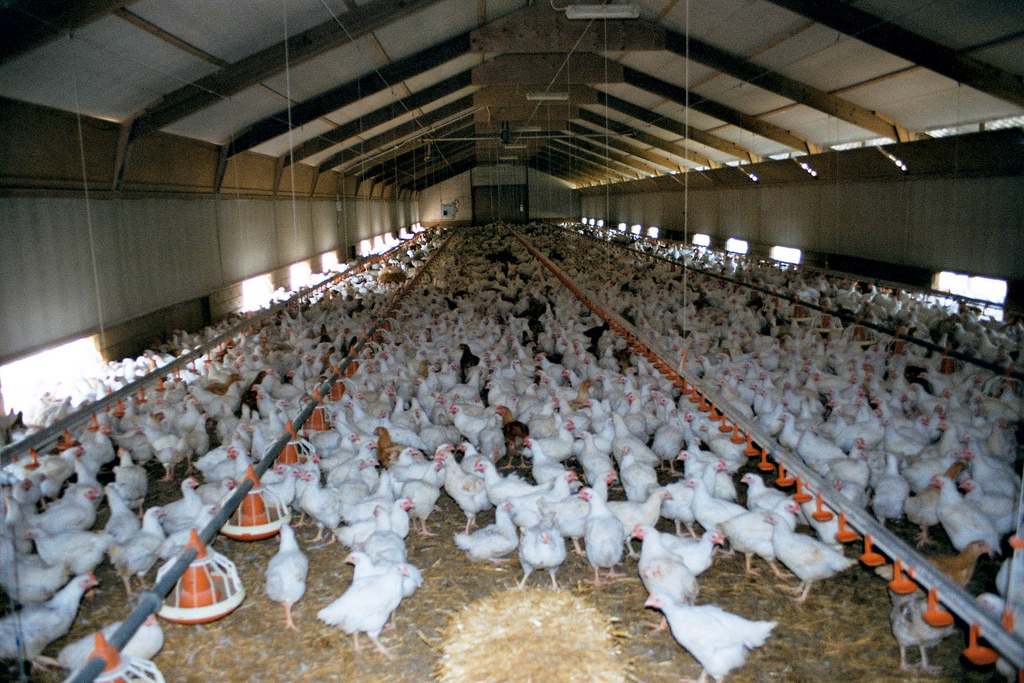
As McDonald’s Signals Major Shift, a Reminder That ‘Cage-Free’ Does Not Equal ‘Cruelty-Free’
Animal welfare advocates on Wednesday are saying the McDonald's Corporation's recently announced plan to have a cage-free supply chain for its eggs within ten years is a "watershed moment" for the U.S. and Canadian food systems and a victory for those who have campaigned tirelessly against the fast-food behemoth whose business model historically rests on the industrial-scale abuse of chickens, cows, and other animals.
In a statement on its corporate website, McDonald's said it "will fully transition to cage-free eggs for its nearly 16,000 restaurants in the U.S. and Canada over the next 10 years" as a way to meet the changing expectations and preferences of its many millions of annual customers.
September 10, 2015 | Source: Common Dreams | by Jon Queally
Animal welfare advocates on Wednesday are saying the McDonald’s Corporation’s recently announced plan to have a cage-free supply chain for its eggs within ten years is a “watershed moment” for the U.S. and Canadian food systems and a victory for those who have campaigned tirelessly against the fast-food behemoth whose business model historically rests on the industrial-scale abuse of chickens, cows, and other animals.
In a statement on its corporate website, McDonald’s said it “will fully transition to cage-free eggs for its nearly 16,000 restaurants in the U.S. and Canada over the next 10 years” as a way to meet the changing expectations and preferences of its many millions of annual customers.
Acknowledging what animal rights campaigners and food system reform advocates have long believed, McDonald’s USA President Mike Andres said that once consumers are given a better understanding of where their food comes from—including the cruelty animals experience within the nation’s food system—they can become key drivers of changing farming and production practices. “Our customers are increasingly interested in knowing more about their food and where it comes from,” Andres said. The decision, he added, is an attempt to “meet and exceed our customers’ expectations.”
According to the company, McDonald’s is one of the largest single purchasers in North America with its U.S. restaurants buying approximately two billion eggs each year and those located in Canada purchasing an additional 120 million eggs.
Paul Shapiro, vice president of farm animal protection at the Humane Society, made it clear that “cage-free” in no way means “cruelty-free” when it comes to the egg-laying hens that will continue to supply McDonald’s in the years to come—but said the development is a definitely an improvement. “The birds can walk, spread their wings, perch, lay their eggs in nest, and engage in other natural behaviors,” Shapiro told Buzzfeed.
